Kaneez Dean
Kaneez Dean (born on September 21, 1940) was likely the first Punjabi Muslim woman from Pakistan to settle in Yuba City. As a child, she survived a difficult journey from India to Pakistan during the 1947 partition. After she arrived in Yuba City, she enjoyed a comfortable family life raising four children and forming deep friendships with women from diverse backgrounds.
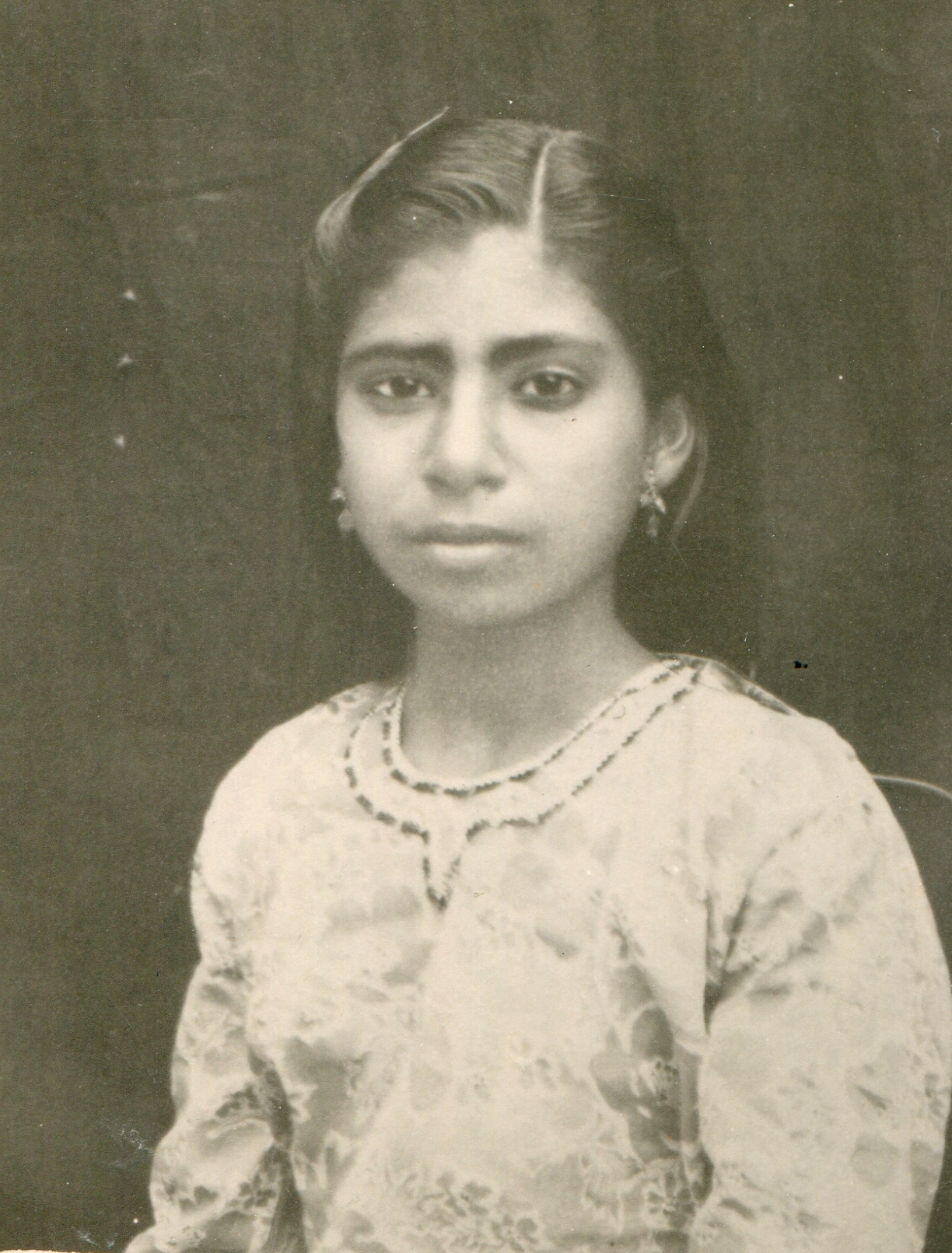
Kaneez Dean, Pakistan, 1952.
Her husband, Mukhtar Muhammad Dean (November 3, 1926 – August 5, 2010) was born in Jalandhar in undivided India before relocating to the newly-established country of Pakistan after India’s partition on August 15, 1947. He witnessed a great deal of violence during partition, but never wanted to talk about it. Whenever one of his Sikh friends in Yuba City would visit India, he would ask them to return to his village in Jalandhar “to see if our houses are still there.” It was very difficult to cross the new international border separating India and Pakistan. The vast majority of the over 12 million refugees who fled India for Pakistan, and vice versa, were never able to return to their ancestral homes. Shortly afterwards, he immigrated to the US on a student visa arriving on December 31, 1948. Later he served in the US Army in Germany, 1957-59. He was a prominent farmer and leader of the Pakistani-American community in Yuba City.
During his visit to Pakistan in 1959, Mukhtar was interested in getting married, and he and his family stopped by Kaneez’s home to inquire if there could be a good match. When he visited, Kaneez’s family replied: “She’s too young. She’s like a child.” But her father-in-law replied: “She will grow.” Kaneez’s mother agreed to the match. When her uncle informed her, Kaneez remembers, “I was crying when I heard that they arranged the marriage. My uncle hugged me. I just put my head on his chest, and I cried. I said ‘Why has my mama decided to marry me and send me to America? Is there no boy in Pakistan?’”
Kaneez and Mukhtar married on January 12, 1959 in Sahiwal, Pakistan. Her in-laws helped her adjust to married life. Her father-in-law even helped teach her how to make a favorite Punjabi dish, saag and makhi di roti (spinach and corn rotis).
On their wedding night, Kaneez’s mother-in-law told her son to sleep in his own room, adding, “Kaneez Akthar is going to stay with me tonight.” Her mother-in-law showed her great kindness by comforting Kaneez, “Sometimes the first night is very hard.” She explained what Kaneez could expect from married life so that she felt prepared and didn’t experience fear or pain. Kaneez recalls how safe she felt in her mother-in-law’s presence: “All night she was sitting with me. I go to sleep like a baby.” She gave her daughter-in-law her blessings: “I hope you will have a good life with my son. I pray for you.”
The next morning, her mother-in-law prepared breakfast and let her son get acquainted with his new bride. Kaneez recounts the first conversation with her husband:
I was quiet. I didn’t know what to say. I [finally] said to him, “Your uncle asked me if I felt happy to marry you.” I [answered,] “what can I do now? The arrangement is already done. It’s too late now.” If I say to you now: I’m not happy, then you will leave me alone?
He laughed! He kind of laughed and said, “maybe, maybe not.”
I said, “Don’t ask me this kind of question, it hurts. You don’t know what you do with me but don’t say anything like this.”
Again, he said, “Anyway, tell me.”
I said, “I will make myself live with you happily. I honestly will be happy with you I hope.”
He replied, “I hope we have a good life.”
And, we did have a good life.
Kaneen Dean
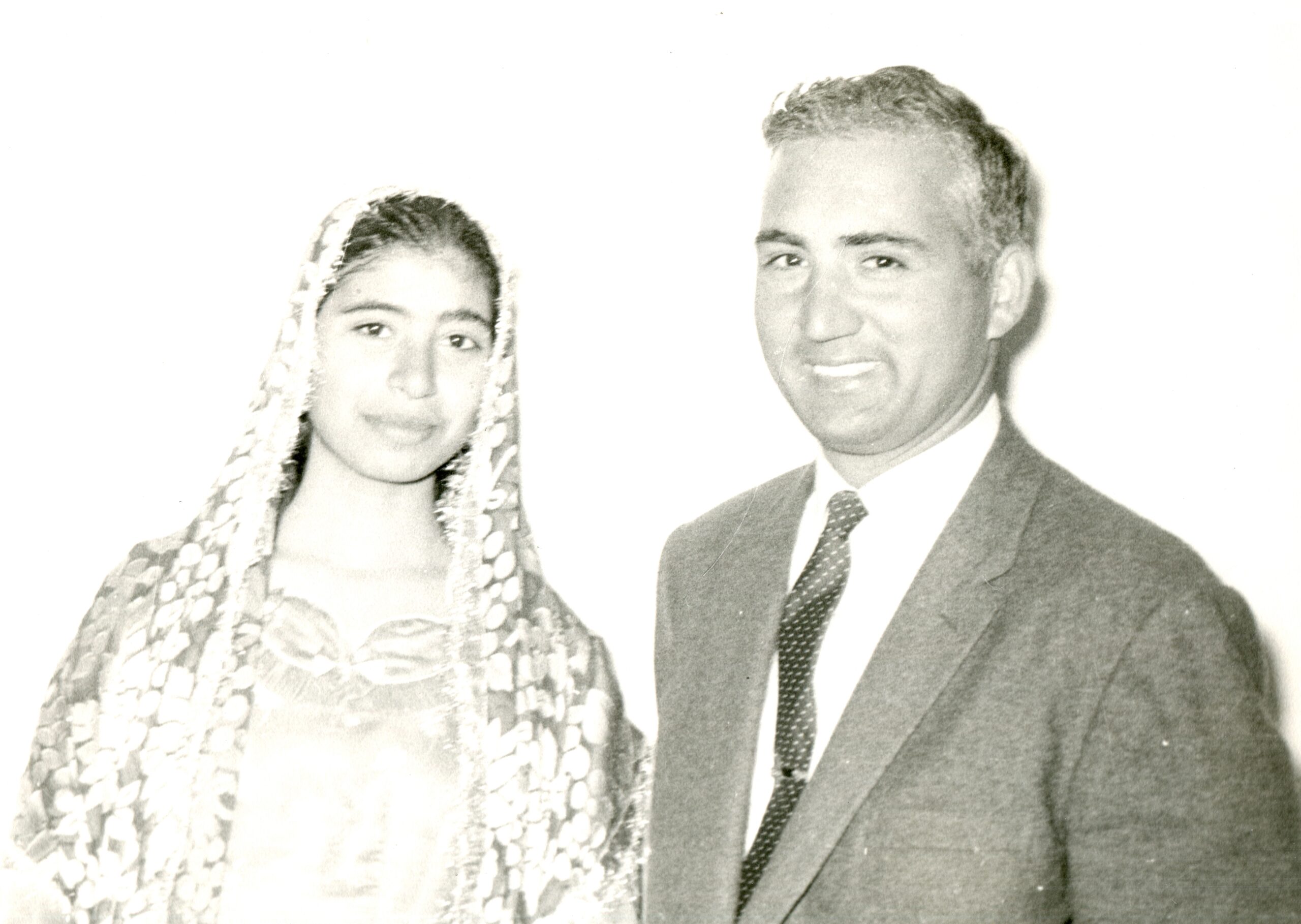
Kaneez and Mukhtar Dean Wedding Photo, Sahiwal, Pakistan, January 12, 1959.
She was born in the Montgomery district of western Punjab (now Pakistan). Unfortunately, she and her family found themselves living in Jalandhar in eastern Punjab on the eve of India’s 1947 partition. As a Muslim family, they did not feel that it was safe to remain in India, so they fled amidst widespread communal violence to the newly-created Pakistan. She was too young to remember the details of their partition journey, but she vividly recalls feeling intense fear. In the years afterwards, she often heard her relatives narrate their traumatic stories of that time. On her journey to Pakistan, she slept on her grandmother’s lap on the floor of a crowded train as they traveled west towards Pakistan. Like so many other families who made the journey during partition, family members were separated in the chaos. One night her grandmother, Kaneez and her little brother were separated from the children’s parents. Kaneez’s eight-month old brother cried in hunger without his mother’s breast milk. Her grandmother approached many young women on the train pleading with them: “feed my grandson.” Fortunately, the family was reunited the next day. They witnessed violence and life in a refugee camp before finally reaching their family members in Pakistan. They also lost most of their property. Due to their hasty departure and the chaos of partition, her grandmother could only bring her jewelry and cash with her to Pakistan.
Kaneez grew up in a strict family in Pakistan. She was eager to pursue education, but her paternal grandmother did not believe that girls should be educated. After her grandmother passed, Kaneez recalls: “I had the freedom to go to school.” She completed a high school education, emphasizing her hunger for learning: “I wanted to get a good education. I wanted to be a teacher.” However, she was unable to fulfill her ambition, which she regrets even today. She loved math and languages. She was fluent in Punjabi, Urdu, English, and also knew a little Farsi.
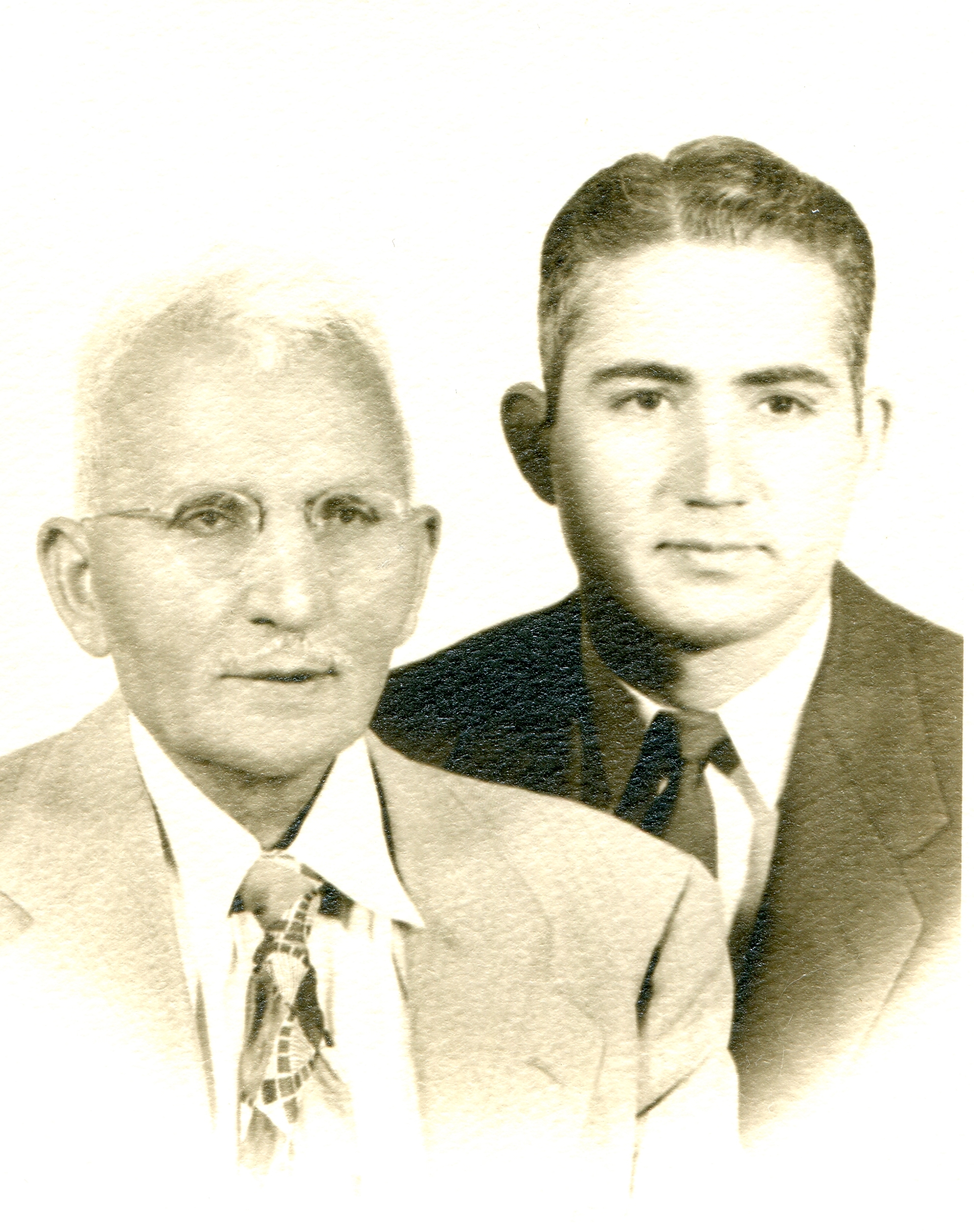
Nizam and his grandson, Mukhtar Muhammad Dean, Yuba City, CA, early 1950s.
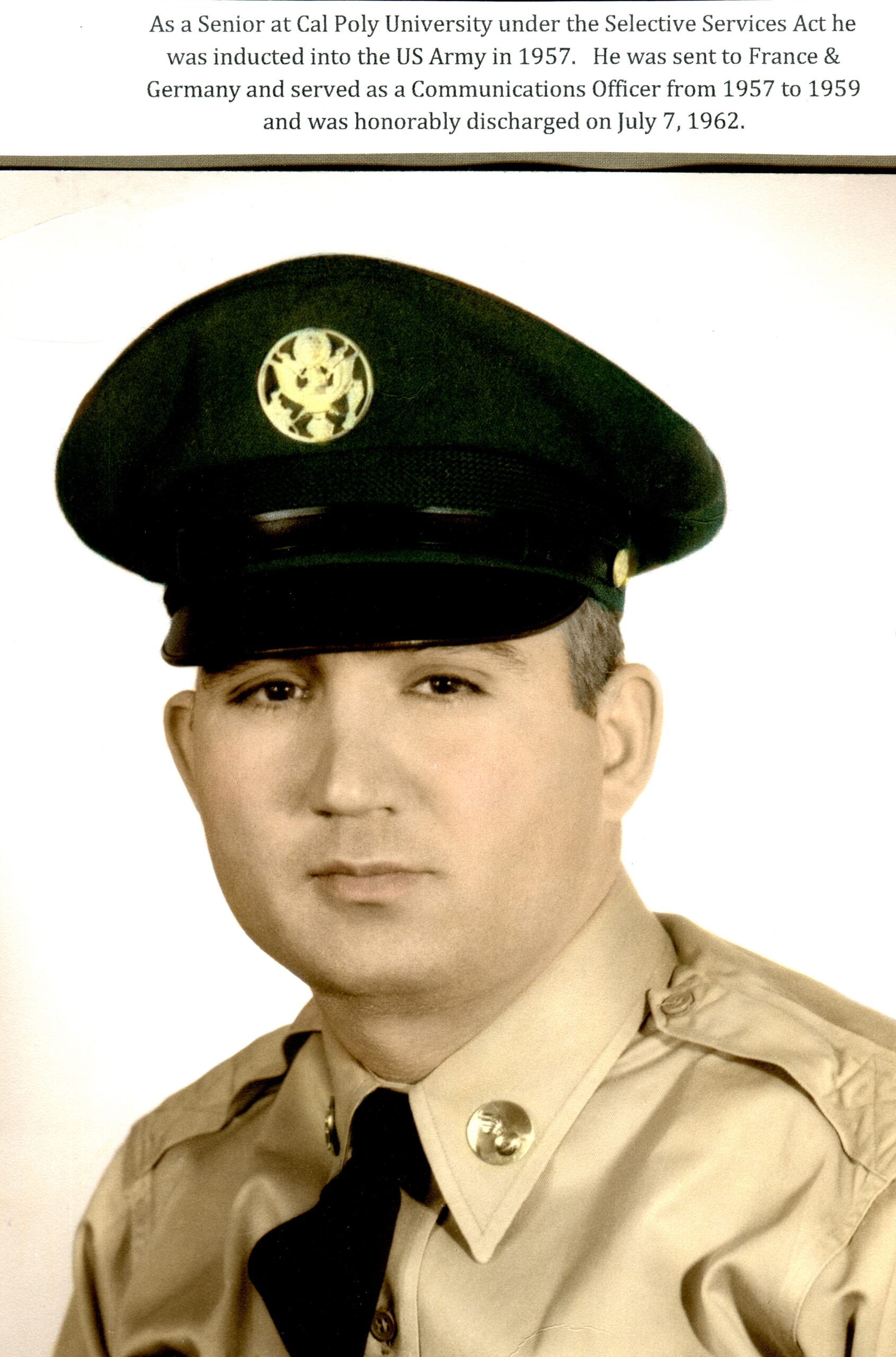
Mukhtar Muhammad Dean, US Army, family scrapbook, 1957.
Within a year after the wedding, Kaneez joined her husband, Mukhtar, in Yuba City. Both of their grandfathers had settled in the area years before. Mukhtar’s grandfather, Nizam Dean, arrived in the US in 1910. Kaneez’s grandfather, Ismael Charlie, arrived in the country in 1918.
On September 21, 1960, Kaneez arrived in the United States on her twentieth birthday. She experienced a great deal of culture shock in the US: “Everything was different. Everything was strange to me. No neighbors… the house was all by itself in the field. It was a funny feeling when I got here. It was like I was trapped somewhere. I don’t know what to do.”
Life felt very lonely for Kaneez during the first year after she joined her husband in Yuba City. But her husband taught her how to drive. Mostly it was women who helped her adjust. She learned to speak English from Mary Muhammad, the Anglo-American wife of Bob Muhammad (another Punjabi pioneer). According to Kaneez, the Punjabi ladies played a crucial role in helping her in countless ways: “They never let me feel like I’m alone here. They were like sisters… They called every day to ask, ‘Are you okay? What are you doing?’” Pritam Kaur Johl, Swarn Kaur Johl, and other women who lived nearby would often walk to her house to socialize. Nand Kaur would stop by her house to tell stories to Kaneez’s children.
Kaneez made sure to emphasize that she enjoyed friendships with many women of all religious and cultural backgrounds. “When I first came here,” she recalled, “I didn’t have any Pakistani women. It was Sikh and Hindu ladies. They were all my family. We still love each other very much. These days you can’t find that kind of love.” She would also socialize with American women while her husband watched the children. Mukhtar encouraged his wife to socialize.
In the early 1990s, the local Punjabi Muslim farm community raised funds slowly from local families to build the first mosque in Yuba City. Kaneez’s grandfather and Mukhtar donated five acres of land on which the mosque stands. Sadly, this Islamic Center of Yuba City was destroyed by arson in 1994 before it even opened. It was the first American mosque to be targeted in a hate crime. To this day, the people responsible for this crime have not been brought to justice. David Washburn’s “An American Mosque” documents this history (2012). Slowly, the local Punjabi Pakistani community raised funds from local farming families to rebuild the mosque in the same location. Today it stands just north of Yuba City’s first Sikh temple on Tierra Buena road.
Kaneez and Mukhtar raised five children: Iqbal, Mahmood, Maqsud, Shirin and Tesneem.
Photos courtesy of Kaneez Dean.
Sources: US Census records and interview with Kaneez Dean by Nicole Ranganath, Yuba City, August 12, 2019.
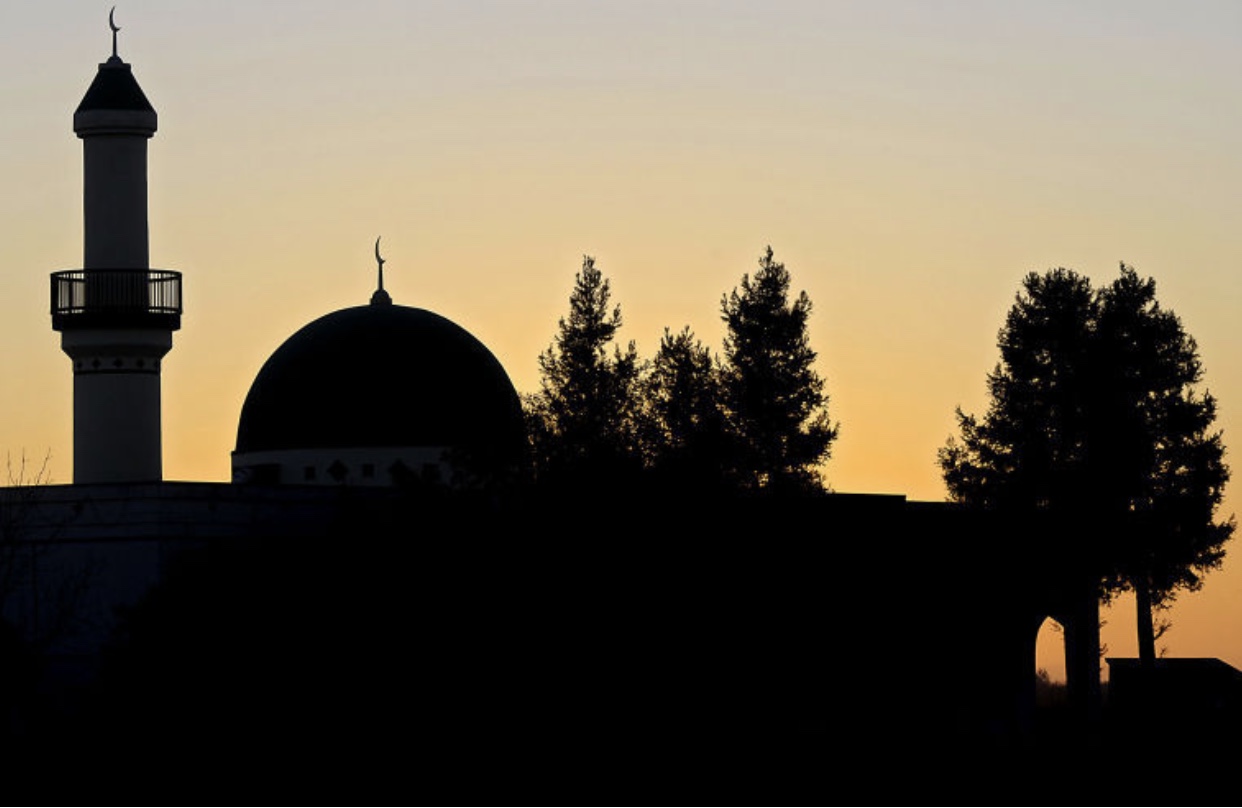
Appeal Democrat, Anniversary of the 1994 Islamic Center of Yuba City arson, May 11, 2014.
